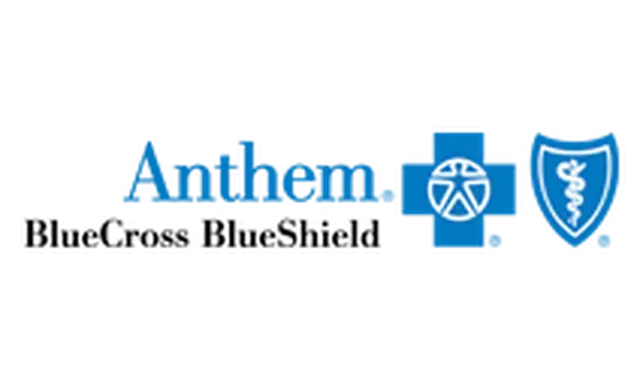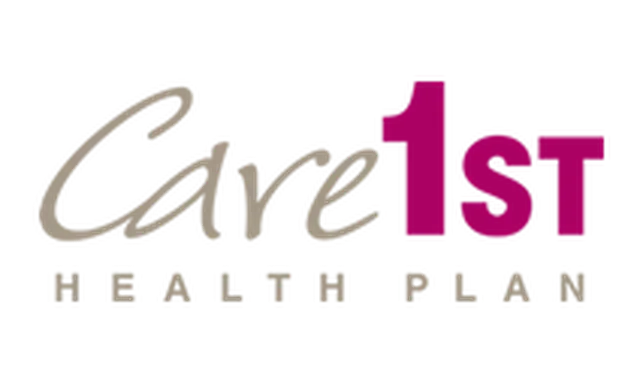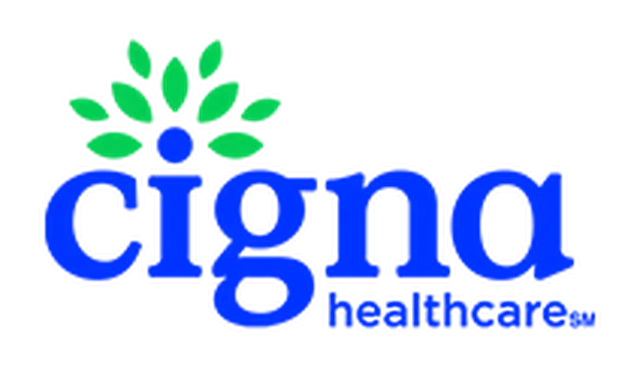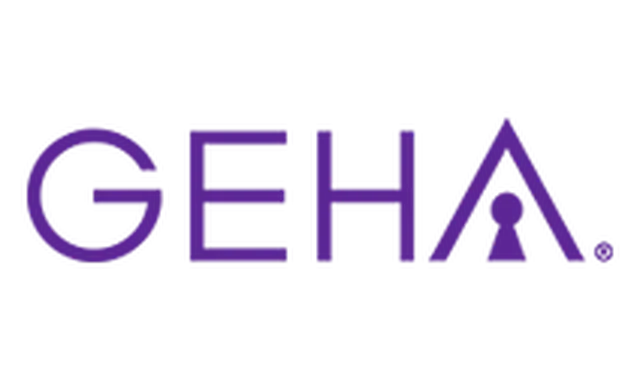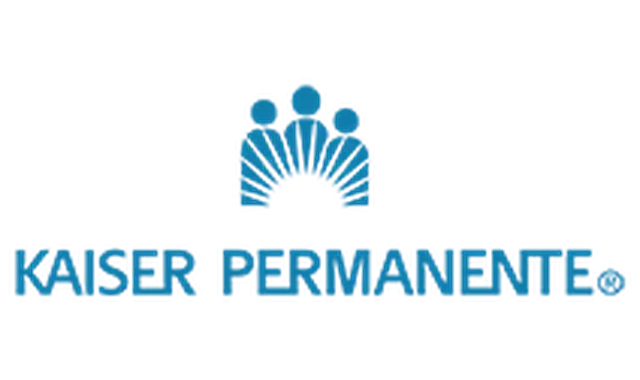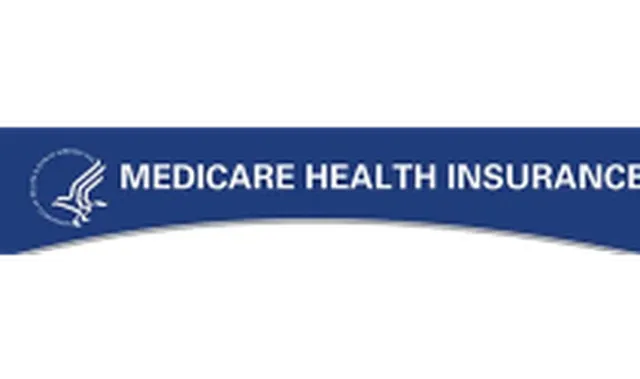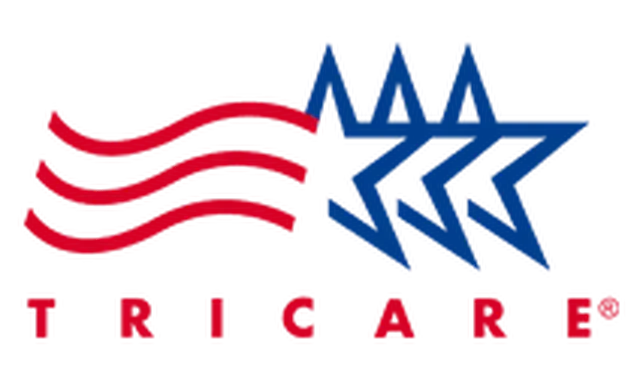TMS
Behavioral Health & Psychotherapy Services Located in Fairfax, Vienna and Sterling, VA
Reclaim Your Life from Treatment Resistant Depression with TMS Therapy
Are you tired of feeling trapped by depression, even after trying multiple medications? At Inspire Behavioral Health, we offer a revolutionary, FDA-approved treatment that’s helping people just like you find lasting relief: Transcranial Magnetic Stimulation (TMS).
Imagine a life with brighter moods, renewed energy, and a greater sense of well-being. TMS offers a safe, non-invasive path to achieving that. This innovative outpatient therapy uses gentle, MRI-strength magnetic waves to precisely stimulate the areas of your brain responsible for mood regulation – areas that are often underactive when struggling with depression and other mental health conditions. For depression, TMS specifically targets the dorso-lateral prefrontal cortex (DLPFC), a key area that connects the brain regions involved in your emotional health.
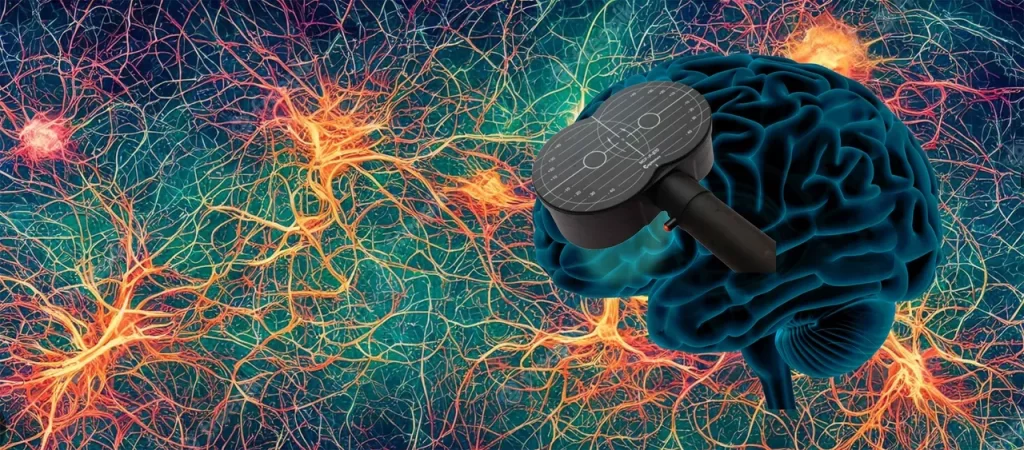
Is TMS the Right Solution for You?
You may be a great candidate for TMS at Inspire Behavioral Health if you:
- Have continued to experience depression despite trying two or more antidepressant medications.
- Struggle with side effects from antidepressant medications that are difficult to tolerate.
- Are also experiencing other mental health challenges like PTSD, anxiety, or OCD.
- Have co-occurring medical conditions such as chronic pain or fibromyalgia.
- Are an adult 18 years or older seeking a safe and effective alternative or adjunctive treatment.
You can speak to our TMS specialist by calling 703-270-3535
SAFETY IS OUR PRIORITY
TMS is a well-tolerated therapy with minimal side effects. The primary contraindications involve magnetically sensitive devices in the head or neck, such as cochlear implants, brain aneurysm clips or coils, implanted electrodes or stimulators, and implanted cardiac defibrillators. Common dental work like fillings and implants, as well as piercings, do not prevent you from receiving TMS. Our experienced team will conduct a thorough evaluation to ensure TMS is a safe and appropriate treatment option for you.
Our Mission and philosophy
Our mission is to do our best to safely reduce suffering in the world and find better ways to strengthen mental health wellbeing and share our knowledge with others so they can do it over again. We believe that practicing medicine is about providing outstanding service. This is about keeping things simple, pleasant, predictable, and going the extra mile to assist a patient. It often was taking more time to talk about the concerns so that the patient is feeling comfortable with the treatment they are undergoing. We are passionate about educating our patients, empowering them with knowledge, and encouraging them to actively participate in their mental and physical well-being.
In medicine, not all questions, unfortunately, could be answered, but what we should be able to always provide is great service, clear communication, and compassionate care. Innovation in medicine, as in many other fields, necessitates always asking if there is a more sophisticated way of doing things. While we respect the knowledge we possess, we must also continue asking about how we can achieve better results or outcomes.
At Inspire Behavioral Health, we are at the forefront of innovation in Mental Health. By utilizing state-of-the-art technology, we make every effort to reduce the symptoms of depression, anxiety, and other mental ailments. We respect all cultures, ethnicities, and backgrounds and are enthusiastic to hear our patients’ stories to better guide care.
Ready to Learn More?
Watch our informative videos to see how TMS works and hear from individuals who have experienced its life-changing benefits. Explore our comprehensive FAQs to get answers to your questions about the TMS process, what to expect, and more.
TMS faq
TMS is absolutely different from shock or ECT therapy. ECT is more invasive procedure, administered in a hospital under anesthesia. While ECT may have a significant recovery time and affects cognition and memory, TMS is an office based procedure that requires no hospital stay or recovery time, and patients report few to no side effects.
TMS therapy is covered by all major insurances besides Medicaid (if primary/sole coverage). Prior starting the treatment, we determine any remaining deductible, copays, or coinsurance that you may owe. If you are pursuing off-label treatments (TMS for anxiety, PTSD, etc. ) that are not covered by insurance, we offer a sliding scale based upon your household income. PTSD, anxiety, and other psychiatric conditions often co-exist with Depression. When using insurance for depression treatment, we waive any fees associated with an off-label treatment targeting other symptoms.
Anxiety, PTSD, and OCD are often treated with TMS. There is evidence that TMS may be helpful to treat schizophrenia, fibromyalgia, along with Migraine Headaches, Bipolar Disorder, Parkinson disease, Multiple Sclerosis etc.
While TMS is highly effective as monotherapy for depression, in clinical practice, some patients will continue taking their antidepressant medications while receiving TMS. Medications are also utilised as a maintenance strategy after completion of TMS course. According to the consensus of Clinical TMS Society, “TMS can be administered with or without the concomitant medications” and “there is no evidence of an increased risk of adverse events by combining medications with TMS” (Perera et al. 2016, p. 344).
Success rates and individual results will vary, as might be expected based on the unique neuronal properties and inter-individual variability in baseline neurophysiology. Yet TMS is successful in more than 70% of people, meaning that most patients who undergo TMS treatment experience relief in their symptoms. About 50 to 60% of patients go into full remission, meaning they become asymptomatic after one full course of TMS. Maintenance TMS therapy sessions may be performed in the future, if necessary.
The most common side effect to TMS include application site discomfort which is mostly tolerable and subside in intensity during the treatment course. Treatment parameters and the position of coil can always be adjusted to enhance patient comfort. The seizure risk, according to the most recent data, is less than 0.1% over an entire treatment course. Each patient is carefully assessed prior TMS, eliminating the risk factors that can increase seizure potential.
| TMS | Antidepressants |
| No | Dry Mouth, Indigestion, Upset Stomach |
| No | Long-term Weight Gain, Changes in Appetite |
| No | Lower Sex Drive |
| No | Increased Suicidal Ideation |
| No | Insomnia |
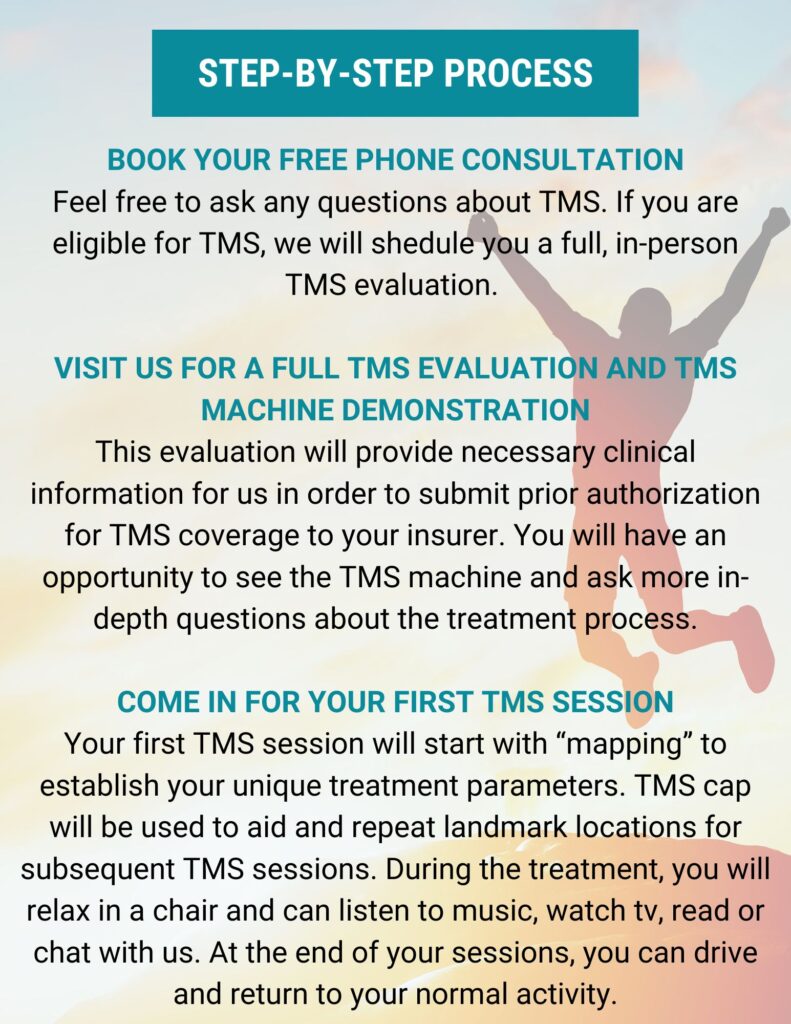
tms insurance coverage
TMS was first approved by the FDA in 2008; however, insurance plans did not provide coverage for TMS for many years. As of now, all major insurance companies have a positive TMS coverage policy. Below are the insurances we currently accept.
Don't let depression control your life any longer. Take the first step towards a brighter future.
Schedule your confidential TMS consultation at Inspire Behavioral Health today!
Our compassionate experts will discuss your individual needs and determine if TMS is the right path for you.



